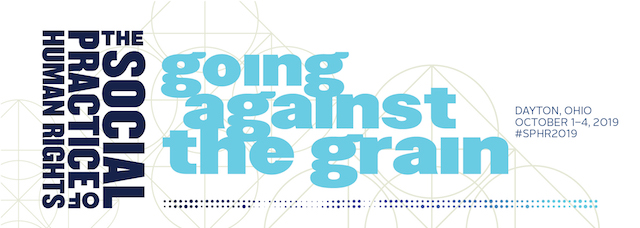Location
Human Rights in Central America
Start Date
10-2-2019 11:30 AM
End Date
10-2-2019 1:00 PM
Abstract
While migration and displacement are not new phenomena in the region, parts of Central America are experiencing a crisis of displacement. This crisis has emerged due to the compounding effects of multiple factors: environmental degradation and climate change, economic upheavals caused by neoliberal reforms, political instability (especially in Honduras and Nicaragua), and violence stemming from corruption and organized crime. With a particular focus on factors related to violence and the deterioration of the rule of law, participants in this round table will describe and discuss the roots of displacement, the methodological and political challenges in documenting these migratory flows, and the risks and abuses faced by peoples in movement. Finally, the panelists will dialogue about strategies to support the empowerment of migrants, mobilize critical humanitarian aid, combat xenophobia and dehumanization, and compel states in the hemisphere to respect the rights of internally displaced persons (IDPs) and asylum seekers. Participants in this panel have direct experience at the heart of this crisis, ranging from academic research and in-depth journalism to direct services, advocacy and activism.
Central America, Human Rights, and Displacement
Human Rights in Central America
While migration and displacement are not new phenomena in the region, parts of Central America are experiencing a crisis of displacement. This crisis has emerged due to the compounding effects of multiple factors: environmental degradation and climate change, economic upheavals caused by neoliberal reforms, political instability (especially in Honduras and Nicaragua), and violence stemming from corruption and organized crime. With a particular focus on factors related to violence and the deterioration of the rule of law, participants in this round table will describe and discuss the roots of displacement, the methodological and political challenges in documenting these migratory flows, and the risks and abuses faced by peoples in movement. Finally, the panelists will dialogue about strategies to support the empowerment of migrants, mobilize critical humanitarian aid, combat xenophobia and dehumanization, and compel states in the hemisphere to respect the rights of internally displaced persons (IDPs) and asylum seekers. Participants in this panel have direct experience at the heart of this crisis, ranging from academic research and in-depth journalism to direct services, advocacy and activism.




Comments
Miranda Cady Hallett, moderator